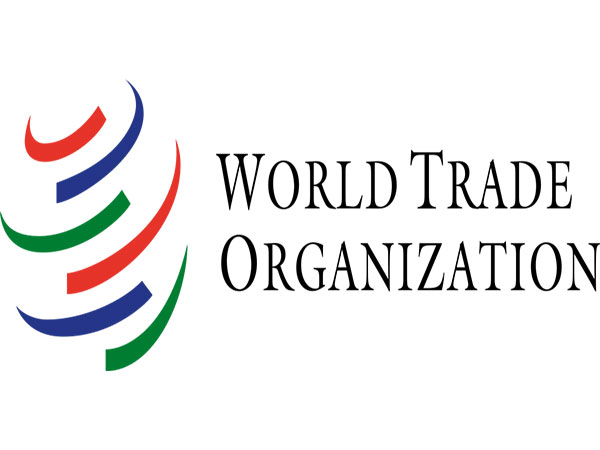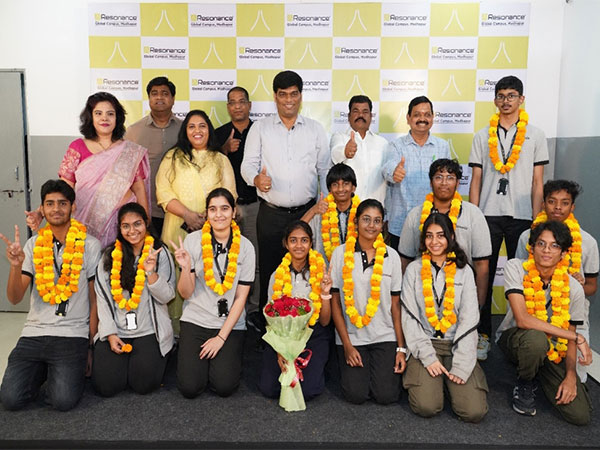AI could increase global real trade growth by 14% by 2040: WTO
Nov 24, 2024
Geneva [Switzerland], November 24: A new report published by the WTO Secretariat discusses the potential impact of artificial intelligence (AI) on world trade. The report examines key trade-related policy considerations raised by this technology and discusses the critical role of the WTO in facilitating AI-related trade, ensuring trustworthy AI, and promoting global regulatory convergence. The report was launched at an event at the WTO attended by representatives from government, academia and the private sector.
The report, entitled "Trading with Intelligence: How AI Shapes and is Shaped by International Trade", discusses how AI can reduce trade costs, reshape trade in services, increase trade in AI-related goods and services, and redefine economies' comparative advantages. The report also highlights the increasing fragmentation of approaches to AI regulation, which may have a particular impact on trade opportunities for micro, small and medium-sized businesses. The report provides an overview of government initiatives taken at the domestic, regional and international levels both to promote and to regulate AI.
WTO Director-General Ngozi Okonjo-Iweala says in the report's foreword: "This report aims to stimulate a discussion on how the WTO can promote the development and deployment of AI and help mitigate its associated risks and looming concerns about regulatory fragmentation. In this respect, two guiding questions the report tries to address are: how can the WTO help ensure that the benefits of AI are broadly shared? How can the challenges that AI presents be addressed in a globally coordinated manner?"
The report argues that AI could help to overcome trade costs associated with trade logistics, supply chain management and regulatory compliance. For instance, AI can assist in automating and streamlining customs clearance processes and border controls, navigating complex trade regulations and compliance requirements, and predicting risks.
By lowering trade costs, AI can help level the playing field for developing economies and small businesses, helping them to overcome trade barriers, enter global markets and participate in international trade, the report says.
The report estimates that, under an optimistic scenario of universal AI adoption and high productivity growth up until 2040, global real trade growth could increase by almost 14 percentage points. In contrast, a cautious scenario, with uneven AI adoption and low productivity growth, projects trade growth of just under 7 percentage points. While high-income economies are expected to see the largest productivity gains, lower-income economies have better potential to reduce trade costs.
The report notes that AI can transform patterns of trade in services, particularly digitally delivered services, which are projected to see cumulative growth of nearly 18 percentage points in an optimistic scenario of universal AI adoption and high productivity growth.
However, the report warns that the risk of a growing AI divide between economies and between large and small firms is significant, as are data governance challenges and the need to ensure that AI is trustworthy. There is also a need to clarify how AI relates to intellectual property (IP) rights.
Source: Emirates News Agency








